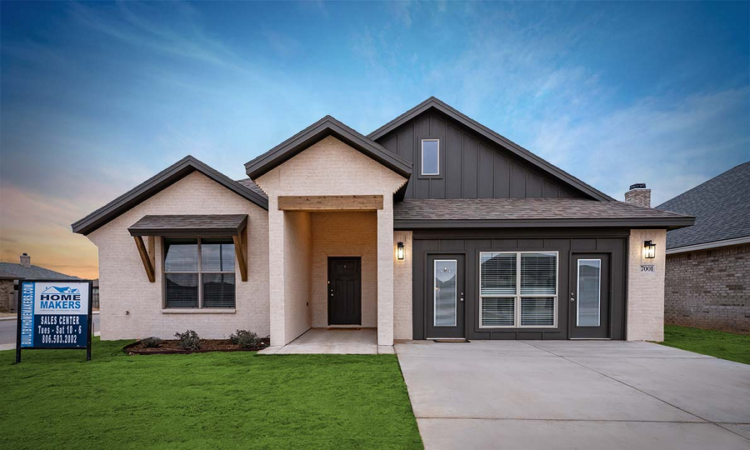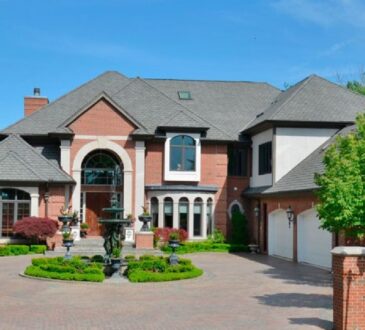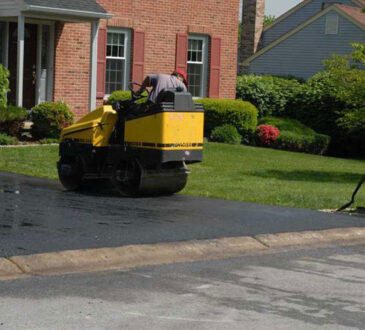
Introduction
A beautiful garden includes many different types of plants, and each plant or shrub may require a different soil type and nutrient combination for optimal growth. Thus, it’s important to understand the differences between various soil types and learn what combination is suitable for different types of plants. Both organic and non-organic (A.K.A. mineral) soils have different use case scenarios. If you are just getting started and want to create a stunning landscape garden, you should call an expert. Simply search “landscape companies near me” on Google to contact professional landscape artists.
However, if you enjoy the process of gardening and want to care for your plants on your own, it is essential to increase your knowledge about soil types.
What is organic soil?
Organic soil is nutrient-rich and full of minerals since it contains organic matter such as microorganisms, decaying plant matter, animal manure, insects, worms, and more. It is chemical-free and contains sand, clay, and silt in equal parts which makes it much more nutrient-rich than ordinary soil. Plus, organic soil can retain moisture well and also provide adequate drainage.
It is necessary to amend organic soil periodically using a combination of nutrients in order to increase the nutrient content of the soil. Some popular ingredients that you can mix with organic soil include compost, manure, mulch, bone meal, seaweed, worm castings, greensand, mushroom compost, soft rock phosphate, soybean meal, and more.
Gardening is cheaper using organic soil. Typically, vegetables are grown in organic soil since it allows them to be tastier and more nutritious. It’s less harmful to humans, pets, and the environment because they transfer fewer pesticide residue.
However, you have to be patient while using organic soil for growing plants since it takes longer for plants to grow in it. They lack primary nutrients such as potassium, nitrogen, and phosphorus and you also have to keep an eye out for perennial weeds.
What is mineral soil?
Mineral soil (A.K.A. non-organic soil) has a neutral pH balance and is devoid of organic nutrients or contaminants. It is commonly used in environments where sterility is a priority and for hydroponics and succulents since it provides excellent moisture retention as well as drainage.
Non-organic soil is great for conventional gardening since it involves no-till methods. You can witness improved crop yields within a week or two if you follow the proper usage instructions and the season is correct. And it’s easier to grow plants using non-organic soil since many types of chemical products are available readily at garden centers. For instance, you can easily find granules, pellets, tablets, spikes, liquids, and more for your needs.
However, there are some drawbacks to using mineral soil. It is harmful to the environment, the animal life in the region, and you too since it involves the use of synthetic fertilizers, pesticides, chemical nitrogen, herbicides, fungicides, and more. These chemicals can even linger in the soil and drain soil nutrients and moisture that can cause wind and water erosion. Thus, mineral soil requires extra care to dispose of properly.
Common combinations of organic soil
Mulch – Mulch is an organic material that is composed of tree debris and scraps such as wood chips, decaying bark, leaves, and more. You can easily create it at home, but the texture, color, and smell can vary with every batch.
Mulch can be applied to the topsoil to control the growth of weeds and enrich and moisturize the soil at the same time. It facilitates drainage within the soil and gradually releases the nutrients into the soil as it decays.
Manure – Manure can be added to nutrient-deficient soil to fertilize it and improve its nutrient profile. It is made of animal excrement of common domestic animals. Manure is nutrient-rich since the digestive system of animals breaks down plant matter and releases the nutrients inside them.
Compost – Just like mulch and manure, compost is added to the soil to improve its moisture retention capability and boost its nutrient profile. To create compost at home, all you need is decaying organic matter such as grass clippings, food scraps, kitchen wastes, and more.
Composting is a great way to reduce and recycle organic waste while creating a natural fertilizer that helps to balance the pH balance of alkaline soil.
Common combinations of non-organic soil
Perlite – Perlite is an inorganic mineral composed of heated volcanic glass and is commonly used in horticulture. Perlite is small but filled with nooks and crannies that allow it to have a very large surface area. As a result, it is commonly used in soilless growing mediums to provide aeration and retain moisture.
Expanded clay aggregate – Expanded clay aggregate is composed of nutrient-less baked round clay pellets and is commonly used in the hydroponic industry for its ability to be cleaned and sterilized effectively. It is inert and has a neutral pH that allows it to be re-usable and ecologically sustainable.
Vermiculite – Vermiculite is composed of a coarse and finely ground natural mineral. It is ideal for potted plants since it is sterile, retains moisture well, increases aeration, and is lightweight. Plus, it is a suitable carrier for pesticides and fertilizers and can be combined with perlite to amend sandy soils.
Rockwool – Rockwool is composed of molten rock that has been spun into fine fibers. It is commonly used in the nutrient uptake of hydroponics systems since Rockwool cubes can retain large quantities of air and water and aid in dense, healthy root growth. Many people use it as a substrate for cucumbers, tomatoes, and peppers.
Conclusion
Besides the soil type, the climate of your region and your soil management skills also impact the quality of your garden. It can take years to learn how to manage a garden properly since all sorts of problems can crop up. That’s why we recommend you search “landscape companies near me” on Google to seek expert advice from professional landscape artists if you are still not sure which type of soil to use for your garden.




